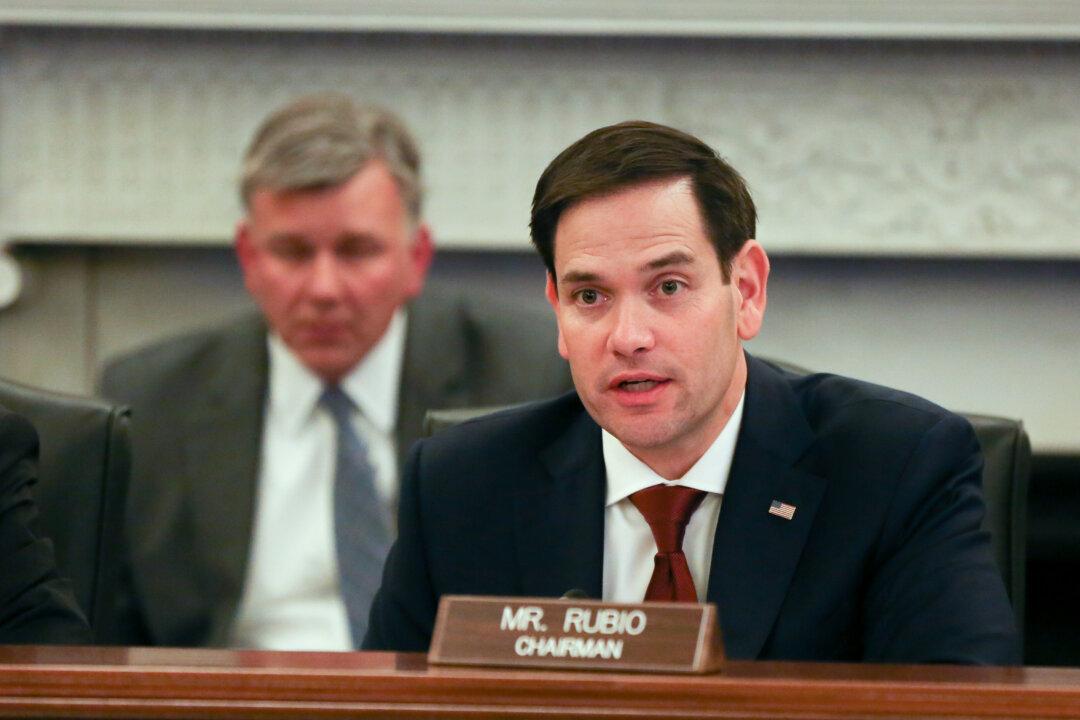Sen Marco Rubio (R-Fla.) is calling on the chairman of the Securities and Exchange Commission (SEC) to require China-backed company Shein to make comprehensive disclosures about the nature of its business operation and “the risks of doing business” in China. The senator urged the SEC’s head to block the company’s public listing in New York if the fashion firm fails to do so to protect U.S. investors.
In a letter dated Feb. 15 to SEC Chairman Gary Gensler, Mr. Rubio raised concerns over Shein’s recent approach to Chinese regulators asking for its initial public offering (IPO) approval.




